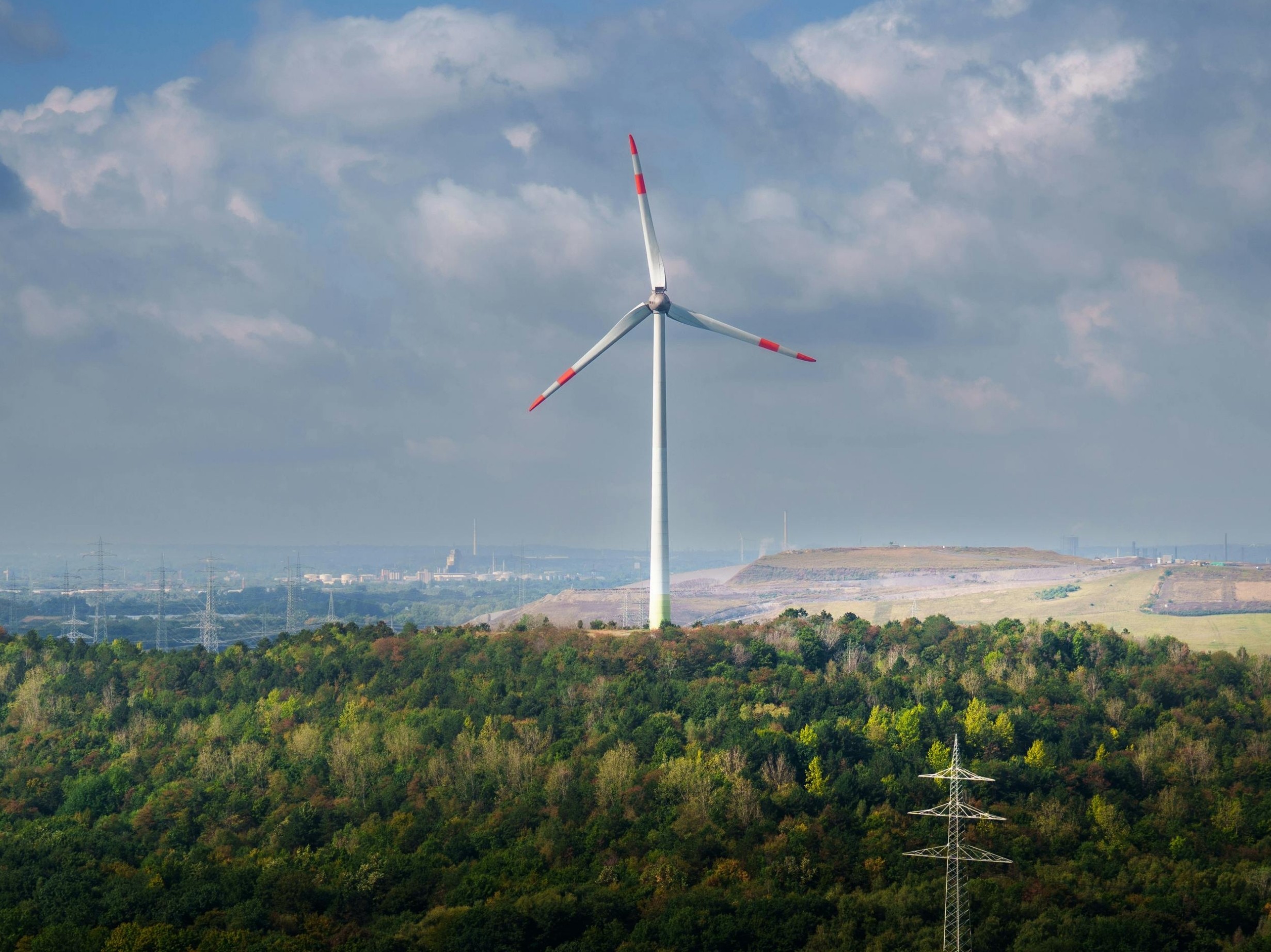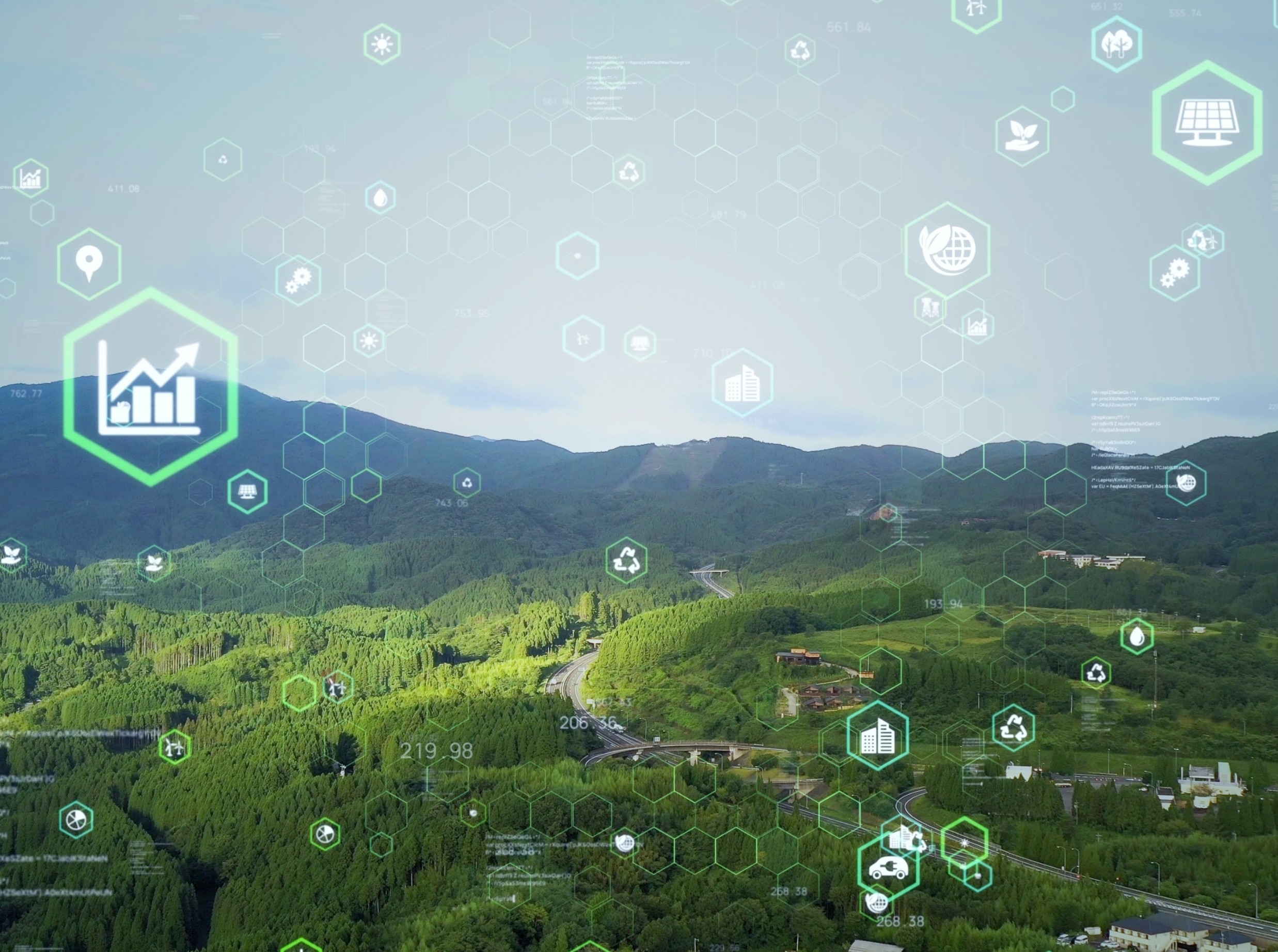)
Critical Societal Changes for Reaching Net Zero Carbon Emissions
)
The urgent need to reach net zero carbon emissions demands unprecedented societal transformation across energy systems, buildings, and transportation. Climate change requires coordinated global action to reduce emissions by 45% from 2010 levels by 2030. These changes can help create a sustainable future whilst addressing the climate crisis through comprehensive decarbonization strategies.
Energy System Transformation for Net Zero
Energy system transformation represents the foundation for achieving net zero emissions globally. Renewable energy sources must replace fossil fuels across electricity generation, with clean energy technologies becoming increasingly cost-competitive. The world will need massive grid modernization to support variable renewable electricity whilst integrating energy storage solutions.
Carbon-neutral manufacturing and industrial processes can demonstrate that zero emissions are achievable using current technologies. Heat pumps and waste heat recovery systems will reduce energy consumption by 50% or more in manufacturing facilities. These technologies help optimize energy efficiency whilst supporting the transition away from fossil fuel dependency.
Grid electrification requires substantial investment in transmission infrastructure and smart grid technologies. Countries around the world must accelerate renewable energy deployment to meet climate targets. Solar and wind power generation will require advanced storage systems to manage intermittency challenges effectively.
Building Decarbonization and Heat Electrification
Buildings contribute 38% of global greenhouse gas emissions, making decarbonization crucial for reaching net zero. Heat pumps will replace fossil fuel heating systems, achieving three to four times higher efficiency than traditional electric heating. Energy efficiency improvements through insulation, high-performance windows, and air sealing can reduce total heat demand by nearly 40%.
Climate action in buildings requires comprehensive retrofits and new construction standards. Electric heating systems will eliminate direct carbon emissions from buildings whilst reducing overall energy use. District energy systems can provide renewable heating and cooling to multiple buildings through underground networks, supporting urban decarbonization goals.
Transportation Revolution and Modal Shift
Transportation transformation encompasses electric vehicles, public transport expansion, and alternative fuels for heavy transport. Electric vehicle adoption will accelerate globally, with nearly 22 million expected sales by 2025. Climate policies must support charging infrastructure development whilst promoting modal shift toward sustainable transport options.
Carbon emissions from transport can be reduced through integrated mobility systems combining electric vehicles, public transportation, and active travel. Rail transport offers 65% lower greenhouse gas emissions than trucking for long-distance freight. These changes will require coordinated investment in clean transport infrastructure and supportive policy frameworks to achieve net zero targets effectively.
Related Articles
You might be interested in these articles
Get in touch!
Want to know more? Fill out the form or reach us directly via email at contact@icebergdatalab.com.
75116 Paris
EC2Y 9DT London
60327 Frankfurt am Main, Frankfurt
Beverly, MA 01915





)
)
)
)
)









